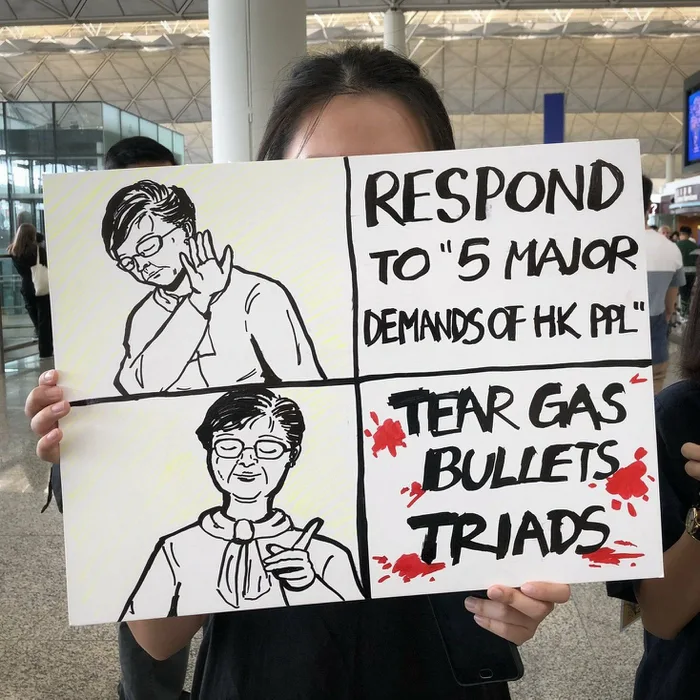Rancid wrote:Yes, this very true. China is not communist. It's just a hold over we've all become used to. It's more like a state managed/controlled capitalism. Additionally, with a heavy hierarchical culture, and heavy social restrictions.
They are very good Capitalists actually. They are playing the Capitalism game better than anyone has ever played it in the history of the world. WAAAAAAY better than the US.
The west calculated incorrectly that capitalism would open up and liberalize China.
Capitalism doesn't instantly make a country liberal and free. If anything it's the opposite. The already hierarchial and repressive nature of China is
reinforced by the introduction of strict economic classes.
The result, like in Russia, is former party members using their prior leverage and position to amass great deals of wealth and utilize said wealth for their own selfish gains. In the end, you just get rule by oligarchs with only Communist window-dressing.
This is also a misunderstanding of the West's own history. Social progress happened in the West due to
opposition to state and capitalism. Unions, civil rights, feminism, etc. all fought for greater freedom in spite of the whims of government and capitalism.
Western political leaders assuming that if China went capitalist it'll become super free and liberal is retarded and speaks to their own conceptions about what "liberty" is (to them, liberty is just the ability to spend money in different countries) than the deaf ears of working class Chinese.

















 - By Deutschmania
- By Deutschmania - By late
- By late